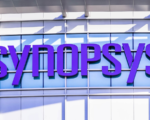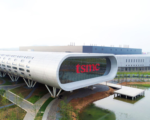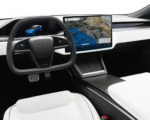AI-Powered Laser Test Detects Breast Cancer at Earliest Stage

A groundbreaking test developed by researchers at the University of Edinburgh can detect breast cancer at its earliest stage, known as stage 1a, using laser screening and artificial intelligence (AI). The new test looks for subtle changes in the blood plasma that occur during the very early phases of cancer development—changes that current methods are unable to detect.
Published in the Journal of Biophotonics, the study reveals that the test offers high accuracy, particularly in identifying breast cancer in its nascent form. According to Dr. Andy Downes, who led the research, early diagnosis is crucial for improving survival rates. “Most deaths from cancer occur following a late-stage diagnosis after symptoms become apparent,” he said, emphasizing the importance of early detection for better long-term outcomes.
While current breast cancer detection methods include physical exams, X-rays, ultrasounds, and biopsies, these approaches primarily identify cancer at more advanced stages. The new test could change this by offering a fast, non-invasive way to spot cancer much earlier.
HOW THE TEST WORKS
The process begins by shining a laser beam into the blood plasma of the patient. This reveals tiny changes in the chemical makeup of cells and tissues that signal the presence of disease. The results are then interpreted using AI algorithms that analyze these subtle alterations.
In a pilot study involving 12 samples from breast cancer patients and 12 healthy controls, the AI-driven test achieved 98% accuracy in identifying stage 1a breast cancer. Additionally, the test was able to distinguish between the four main subtypes of breast cancer with an accuracy rate exceeding 90%, which could help tailor more effective, personalized treatment for patients.
POTENTIAL IMPACT AND FUTURE USES
This method, although initially focused on breast cancer, has the potential to be expanded into a multi-cancer screening test. Dr. Downes noted the next steps involve applying the technology to other cancer types and building a comprehensive database to refine its effectiveness.
The success of this test could represent a major leap forward in the fight against cancer, with the possibility of offering a routine screening tool that detects multiple types of cancer at their earliest and most treatable stages.





















